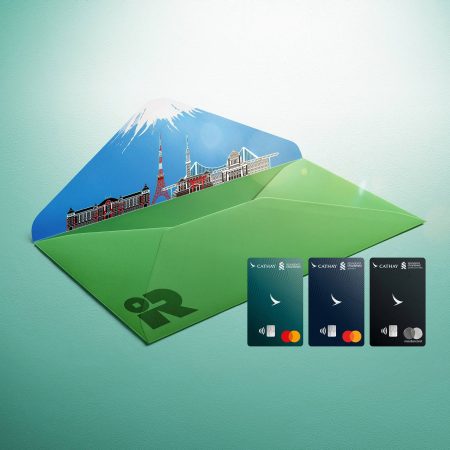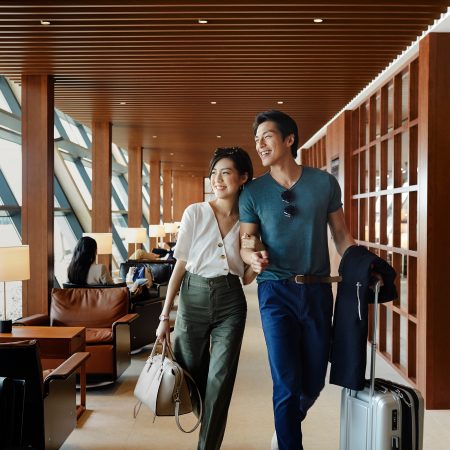Where to see cherry blossoms in Asia
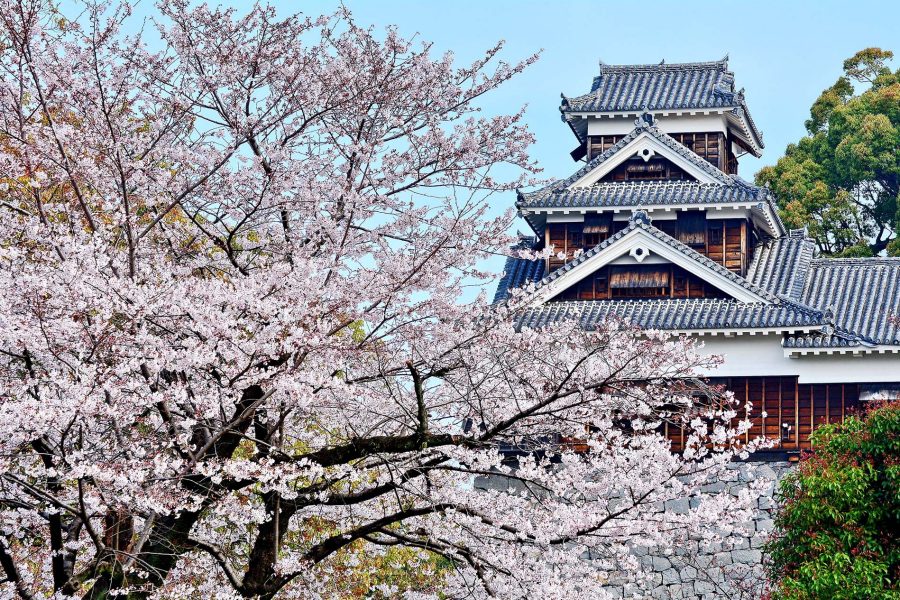
Cherry blossoms come with the first warm breeze of spring and seem to leave on the next, scattering petals as they go. Their short-lived, delicate beauty has made them a symbol of life’s transience and the onrush of white, pink and red blossoms a cause for celebration.
Seeing these pink trees isn’t always easy, as it can be hard to predict the exact time cherry blossoms bloom in Asia. But that’s part of the beauty of the experience: to glimpse them calls for not just careful planning but also a touch of fate.
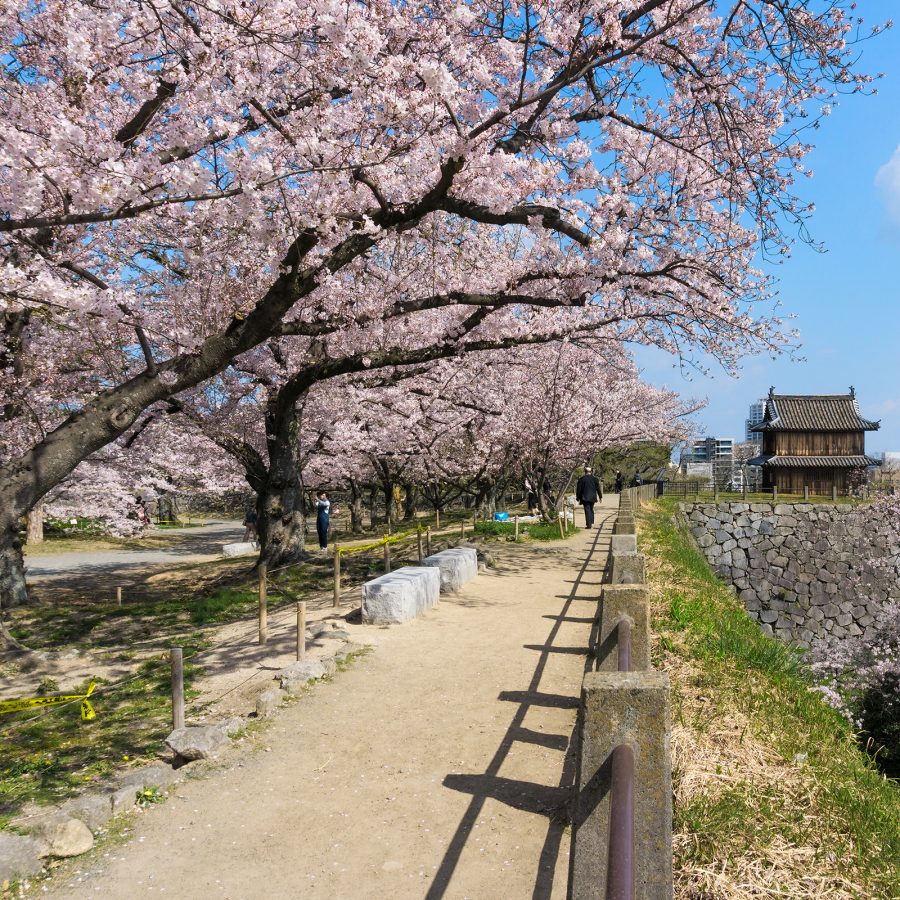
Credit: MR. ANUJAK JAIMOOK/Getty Images
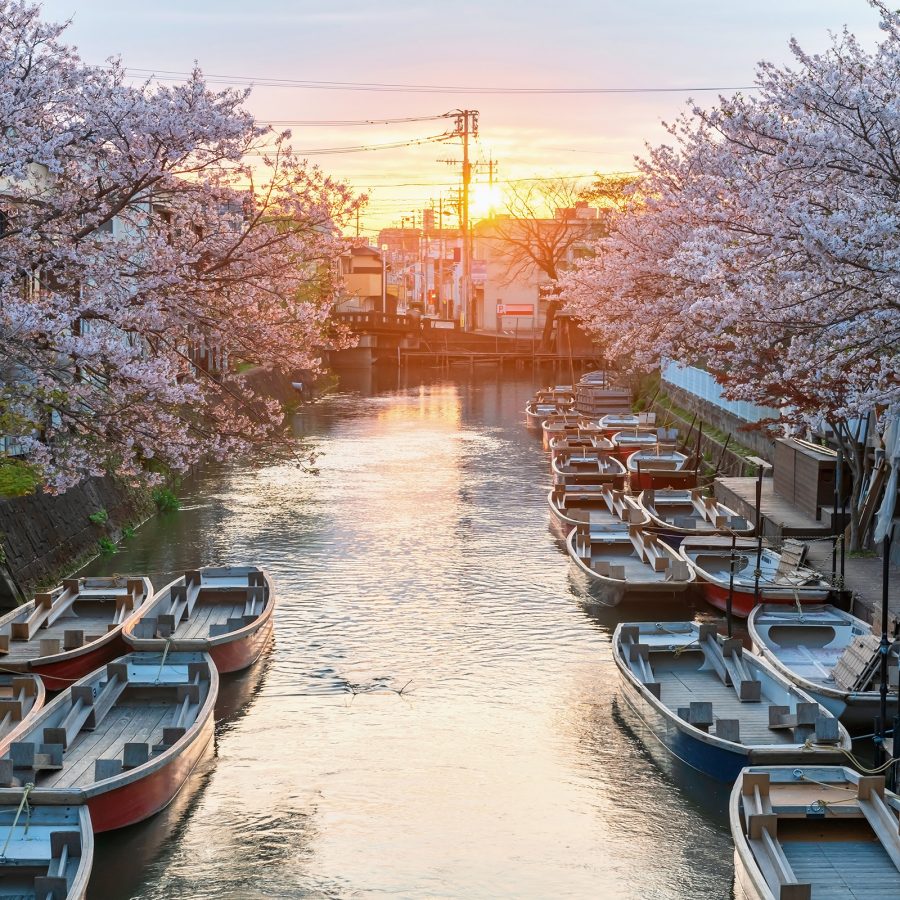
Credit: blanscape/Getty Images
Japan
Called sakura in Japanese, cherry blossoms have been exalted through the ages, including in the eighth century book Manyoshu (Collection of Ten Thousand Leaves), the oldest existing compilation of Japanese poetry. During the Heian period (794-1185), Emperor Saga began holding parties for viewing cherry blossoms known as hanami in the imperial gardens in Kyoto. By the 16th century, the custom had spread amongst citizens.
The cloak of pink starts in the south and spreads north as temperatures warm, with this handy forecast tracking the blooming period. Fukuoka, on the Japanese island Kyushu, is one of the first places in the country where sakura bloom in mid-March. Nishi Park looks out over 1,300 cherry trees and its observatory provides a great vantage point to admire the scene set against the crisp blue waters of Hakata Bay.
Many cherry tree varieties grow in Nishi Park, including somei-yoshino, the most common variety in Japan, along with the wild yamazakura hill cherry and the graceful weeping cherry tree (higan). Another prime viewing spot is Maizuru Park surrounding Fukuoka Castle, now mostly in ruins. During the Fukuoka Castle Sakura Festival , around late March to early April during the blooming season, when the trees are illuminated at night, visitors can also enjoy festive treats sold at food stalls.
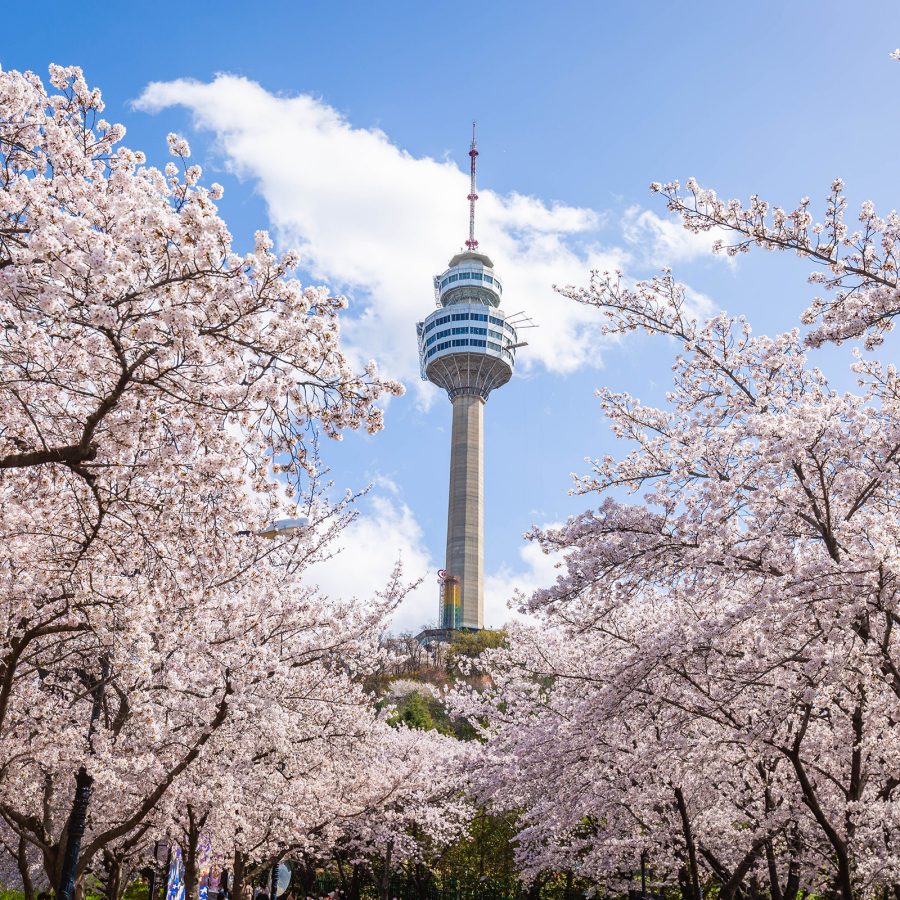
Credit: aomam/Getty Images
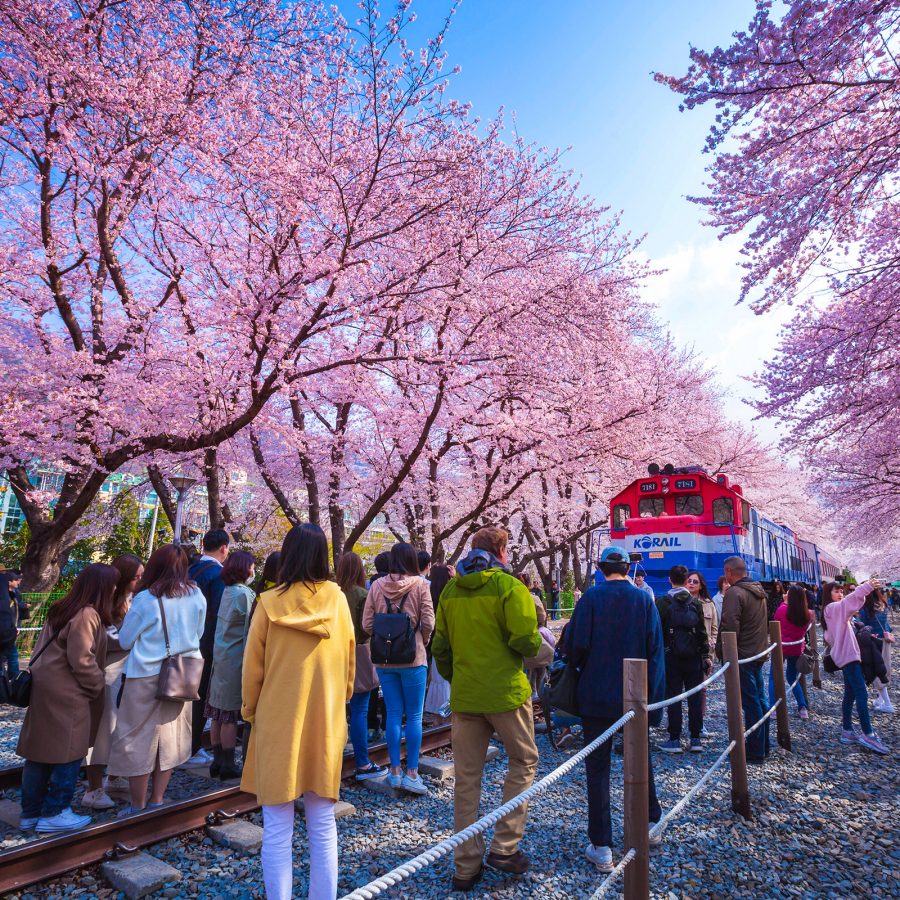
Credit: aomam/Getty Images
South Korea
When you think of cherry blossoms in Asia, most thoughts turn to Japan. But cherry trees are also common throughout the Korean peninsula, with the most spectacular blossoms found in the southern coastal city of Jinhae. Statues in Jangboksan Sculpture Park are striking complements to the delicate blossoms, while Jehwangsan Park offers up panoramic views.
The 5.6-kilometre stretch of Anmin Road becomes a tunnel of cherry blossoms during the season, and the banks of Yeojwacheon Stream are lined with flowering cherry trees reflected in the waters. A traditional wooden bridge and yellow canola flowers along the river add to the colourful scene. At Gyeonghwa Station, an 800-metre stretch of cherry blossoms lines the tracks. Although the station is now disused, visitors still flock to the spot each spring and send petals flying.
Jinhae is home to a major South Korean naval base and the 10-day Gunhangje military festival from late March to early April coincides with the arrival of cherry blossoms. The annual event honours Yi Sun-shin, a famed 16th-century admiral, and has grown in scale over the years. Today, performances by the naval military band are joined by K-pop concerts, fireworks and a parade.
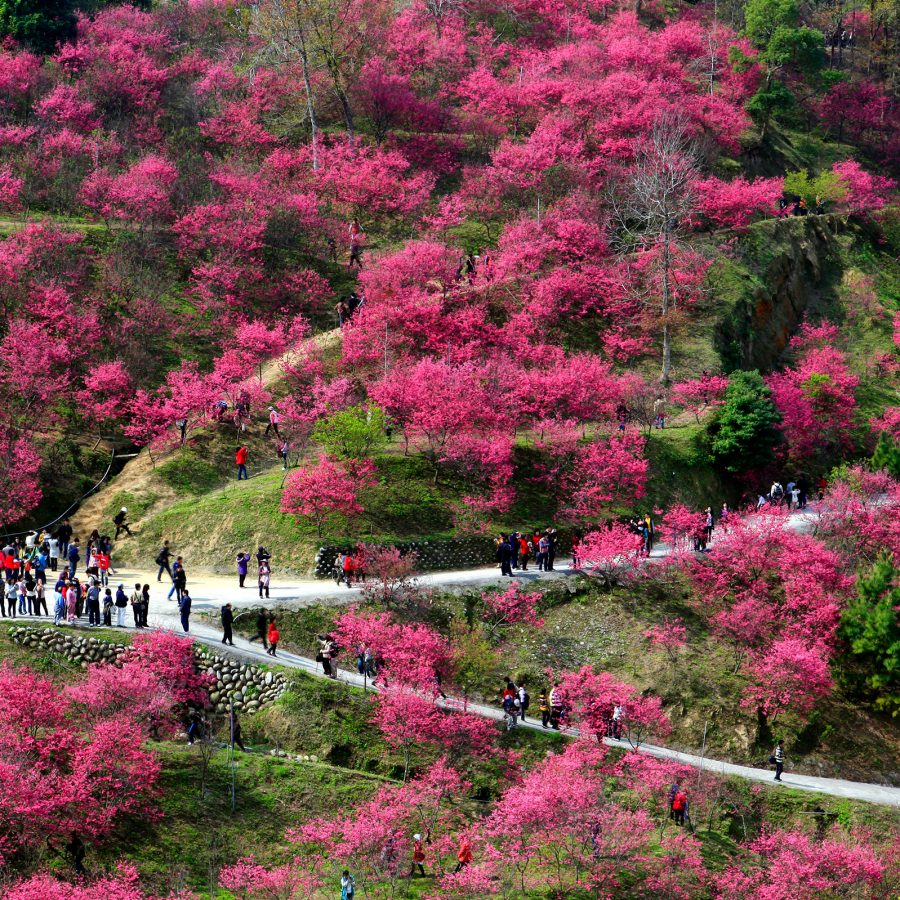
Credit:Thunderbolt TW Bai Heng yao/Getty Images
Taiwan, China
The city of Taichung stands out for its nature reserves and mild climate year-round. The warm weather allows for the early arrival of cherry blossom season, which lasts approximately from mid-February until early March.
The Xinshe Cherry Blossom Trail – a street in Taichung’s Xinshe district nicknamed for its abundance of flowers – is a great place to see Taiwanese cherry trees, which can grow up to six metres tall. Dongshi Forest Garden , in Dongshi district, offers 225 hectares of varied flowers and trees, including cedars, maples and plum trees. The East Asian and yoshino cherry trees, both native to Japan, contribute to the pink panorama. At the end of spring, fireflies make evening strolls especially enchanting.
Further from the city centre, Wuling Farm in Heping district, boasts a dramatic mountainous backdrop. In spring, it really comes to life when the cherry blossoms bloom and can be seen at every turn. The farm also hosts an annual cherry blossom festival.
Thailand
The northern province of Chiang Mai enjoys cooler temperatures than much of the countryand cherry blossoms flourish here, particularly in mountainous areas like the small town of Khun Chang Khian. About 30 kilometres from the city of Chiang Mai and surrounded by the picturesque Doi Suthep-Pui National Par k, the town lures travellers with its wild Himalayan cherry blossom trees. Known in Thai as nang phaya sua krong, they were planted by a research centre run by the University of Chiang Mai’s department of agriculture in hopes of promoting the area. It’s since paid off, as visitors flock here to admire the vibrant shades of pink blossoms and green trees against a backdrop of rolling hills.
Another scenic cherry blossom spot is Doi Kham Fa, located within Pha Daeng National Park , which is best known for being home to Thailand’s tallest limestone mountain. If you time it right, cherry blossoms can be seen along picturesque hiking trails. In northern Thailand, the season usually kicks off at the end of December and wraps up around early February – much earlier than in Japan or South Korea, thanks to its comparatively warmer climate.
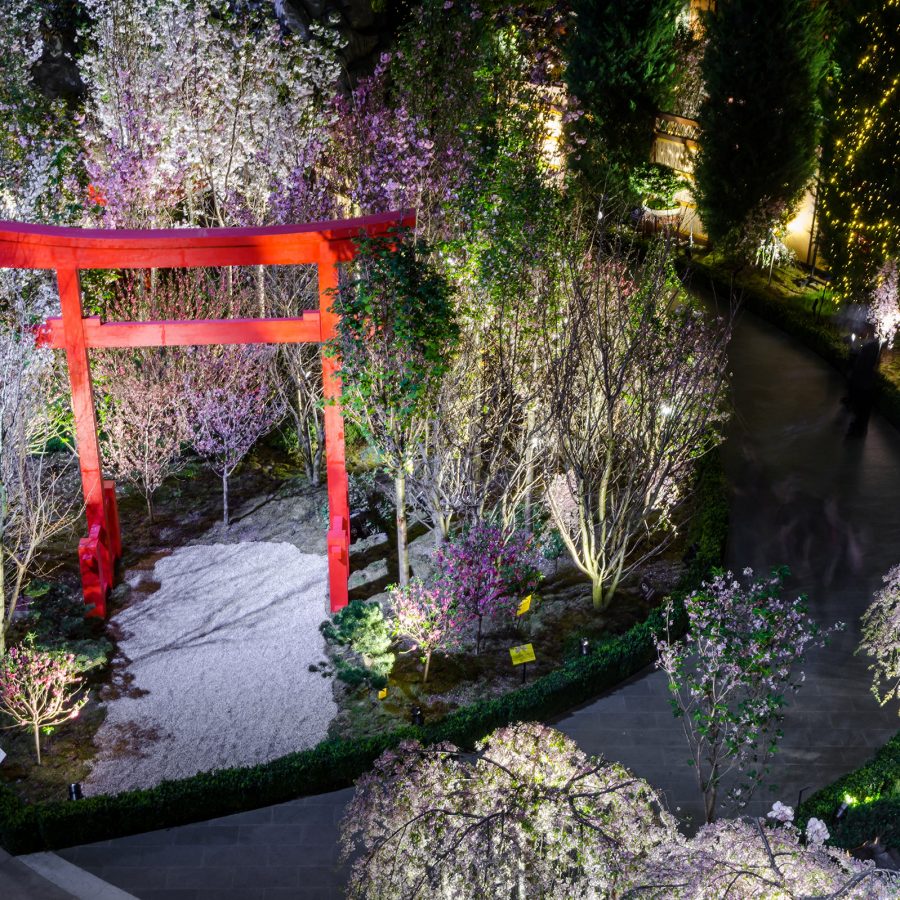
Credit: zhnger/Getty Images
Singapore
Singapore has embraced the fervour for cherry blossoms in Asia with its annual Sakura festival at Gardens by the Bay , a 101-hectare park built on reclaimed land in central Singapore. The festival faithfully recreates a classic sakura landscape with more than 20 types of cherry blossoms on view among Japanese torii gates and traditional Gassho houses. Tea ceremonies and Japanese cultural performances add to the immersive experience.
In recent years, there have also been some intriguing sightings of Singapore’s very own ‘cherry blossom.’ The flowering Tabebuia rosea, or rosy trumpet tree, shares a similar appearance to Japan’s sakura and has been photographed across the city including along the Central Expressway and the Singapore River.

Credit: Shutterstock
Vietnam
The capital of Lam Dong province in Vietnam’s Central Highlands, Da Lat was established as a resort in the 1900s by the French. While Da Lat is famed for its pine trees, the city has its fair share of cherry blossoms – with one of the earliest peak bloom times in Asia. The highlands are blanketed in pink as early as January. In particular, the mai anh dao flower, a local variety, has become a symbol of the city.
Some 35,000 cherry blossom trees line Tuyen Lam Lake, five kilometres from Da Lat and the chosen location for the city’s inaugural cherry blossom festival held in 2018. The flowers are also bloom by Xuan Huong Lake right in the city – popular with honeymooners and dog walkers, and for Instagram-perfect selfies.
Those looking for a day-long outing should head to the Da Lat maple tourist area. Opened in 2017, the five-hectare site counts 500 cherry blossom trees, 2,000 red maple trees and other rare flora and fauna. Meanwhile, Hoa Son Dien Trang, a peaceful forest about thirteen kilometres from Da Lat known for its misty views, has more than 4,000 Japanese cherry blossom trees.
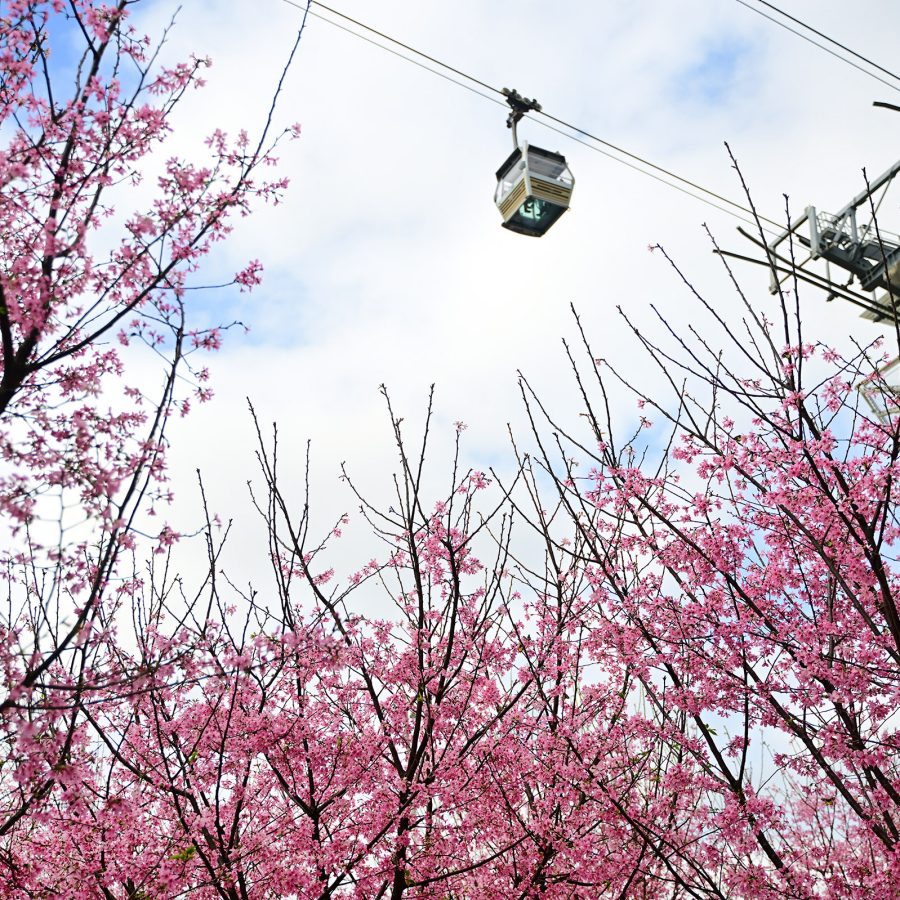
Credit: josephmok/Getty Images
Hong Kong
If you’re unable to travel for cherry blossom season, there are plenty of scenic spots right here in our city. One location you can’t miss out on is the HKIA Cherry Blossom Garden , situated along Chek Lap Kok South Road near the foot of Scenic Hill. This year, Hong Kong’s largest dedicated sakura spot has expanded to include the Cherry Blossom Bay, a waterfront promenade with over 100 cherry blossom trees, lounge chairs and a grassy picnic area. To ensure more visitors get to witness this springtime phenomenon, trees have been thoughtfully planted in two batches, with the first batch in full bloom towards the end of February and the second batch in mid-March to late March.
Looking for more inspiration? Check out our guide to the top places where you can stop and smell the sakura in Hong Kong, including Kwan Kung Pavilion in Cheung Chau, Tai Po Waterfront Park, Hong Kong Velodrome Park in Tseung Kwan O, Kadoorie Farm & Botanic Garden, and Rotary Park in Tai Mo Shan Country Park.
This story was originally published in February 2019 and updated in March 2025.
First video credit: fromzerotohero/Getty Images
More inspiration
- China – the Chinese Mainland, Hong Kong SAR, Macao SAR and Taiwan Region
- Hong Kong SAR - English
- Chinese Mainland (China) - English
- Taiwan, China - English
- 香港特別行政區 - 繁體中文
- 中国內地 - 简体中文
- 中國台灣 - 繁體中文
- Africa
- South Africa - English
- Asia
- Bangladesh - English
- Korea - English
- Singapore - English
- Cambodia - English
- 한국 - 한국어
- Sri Lanka - English
- India - English
- Malaysia - English
- Thailand - English
- Indonesia - English
- Maldives - English
- ประเทศไทย - ภาษาไทย
- Indonesia - Bahasa Indonesia
- Myanmar - English
- Vietnam - English
- Japan - English
- Nepal - English
- Việt Nam - tiếng Việt
- 日本 - 日本語
- Philippines - English
- Australasia
- Australia - English
- New Zealand - English







